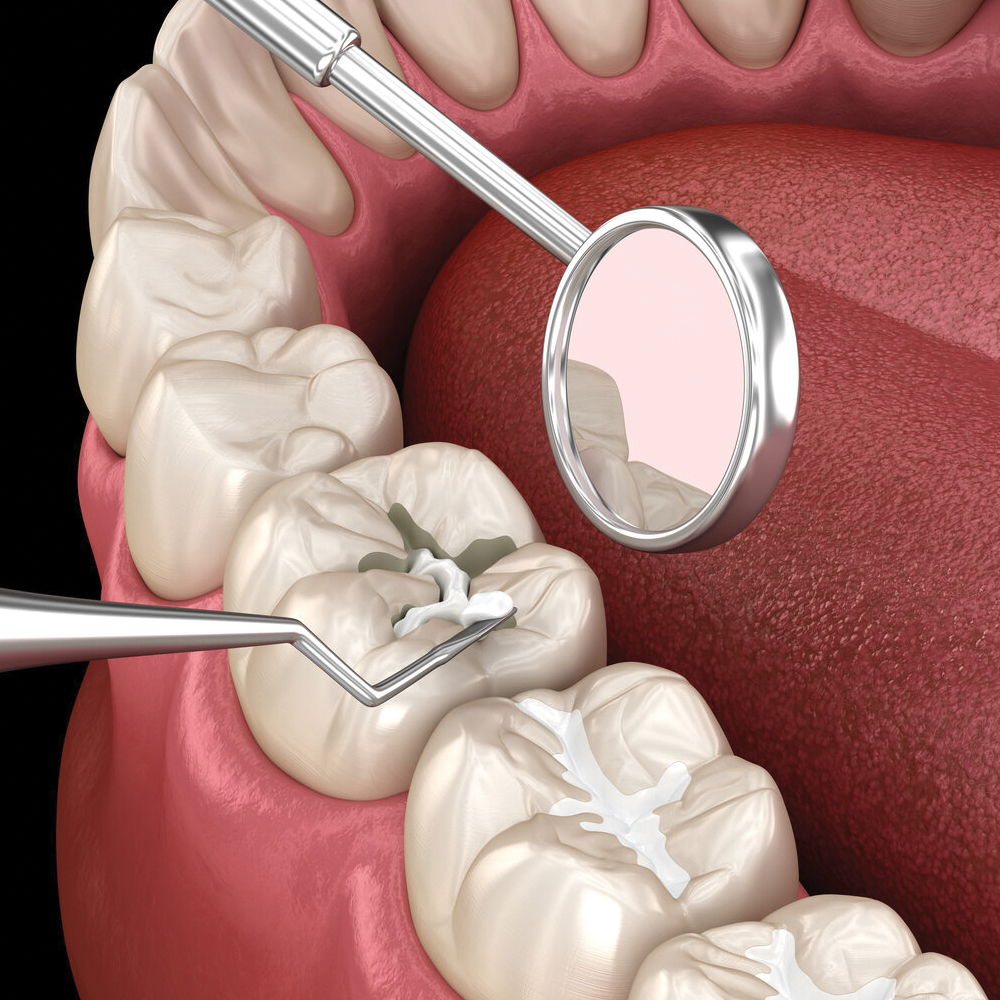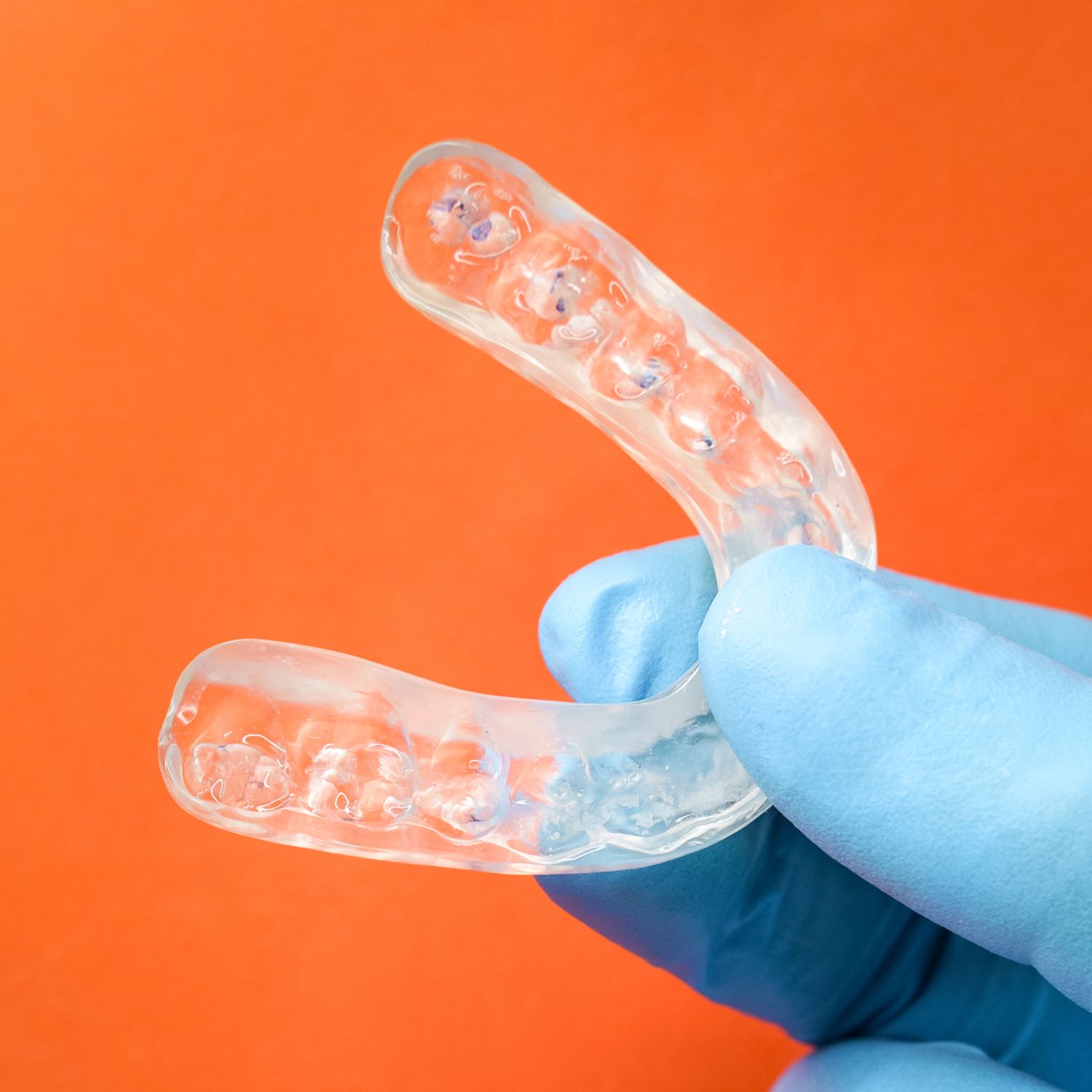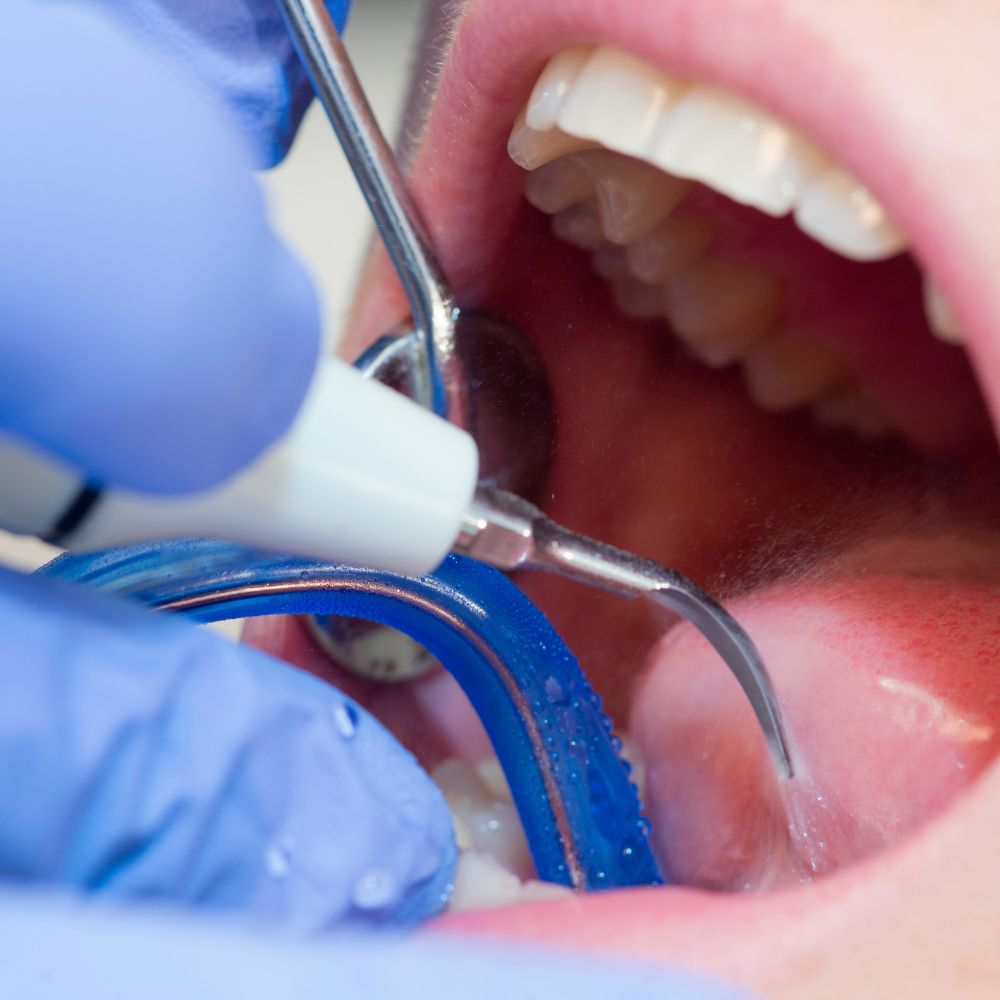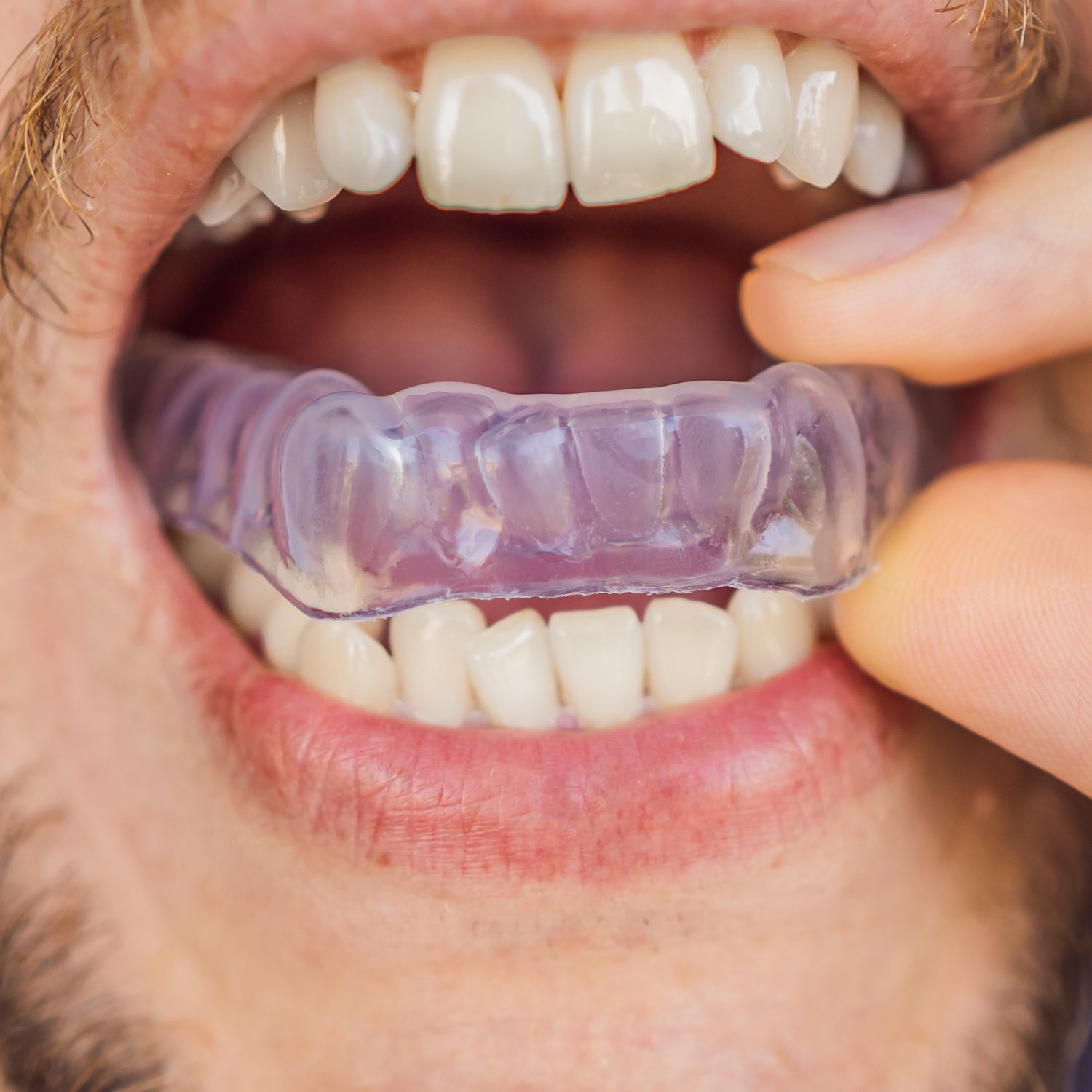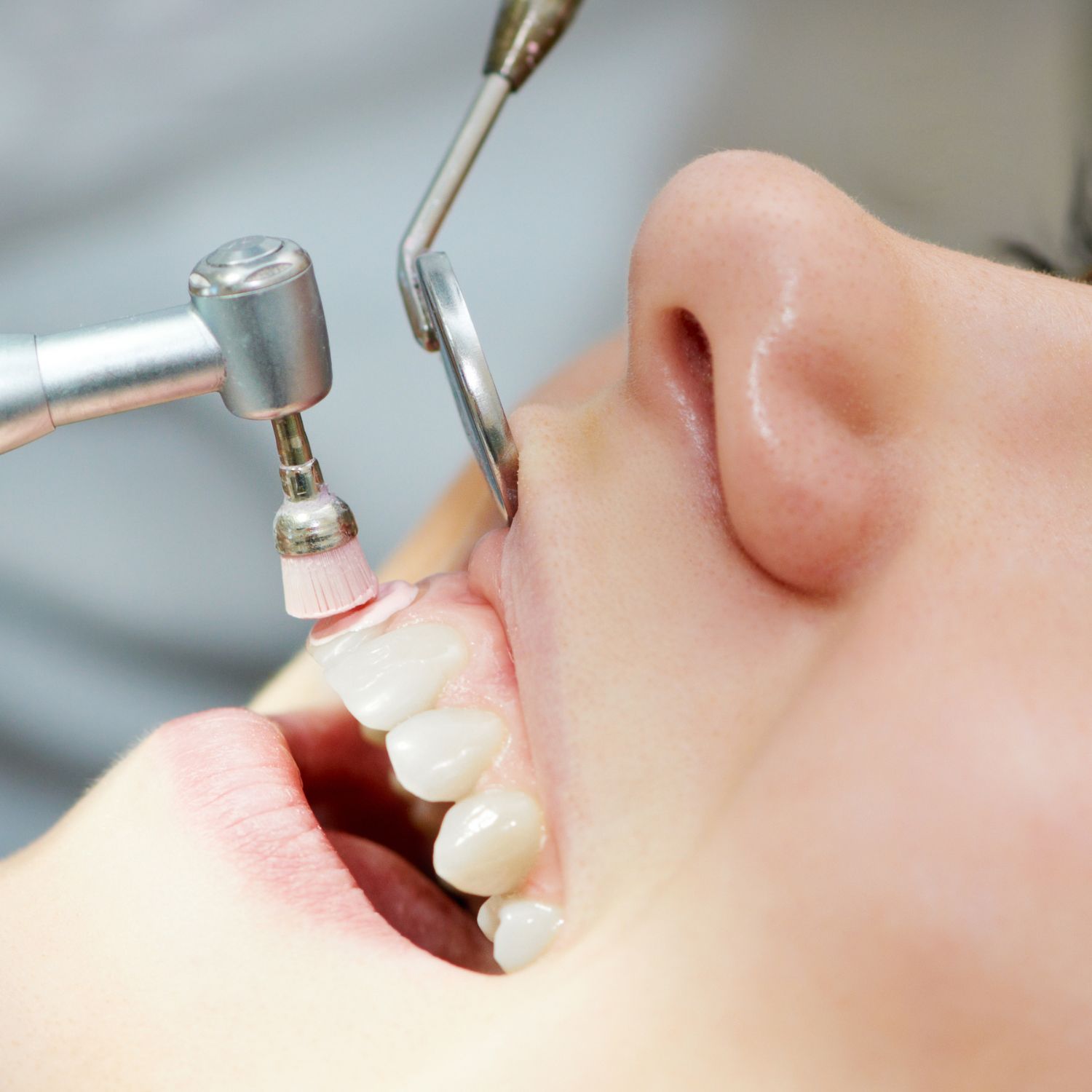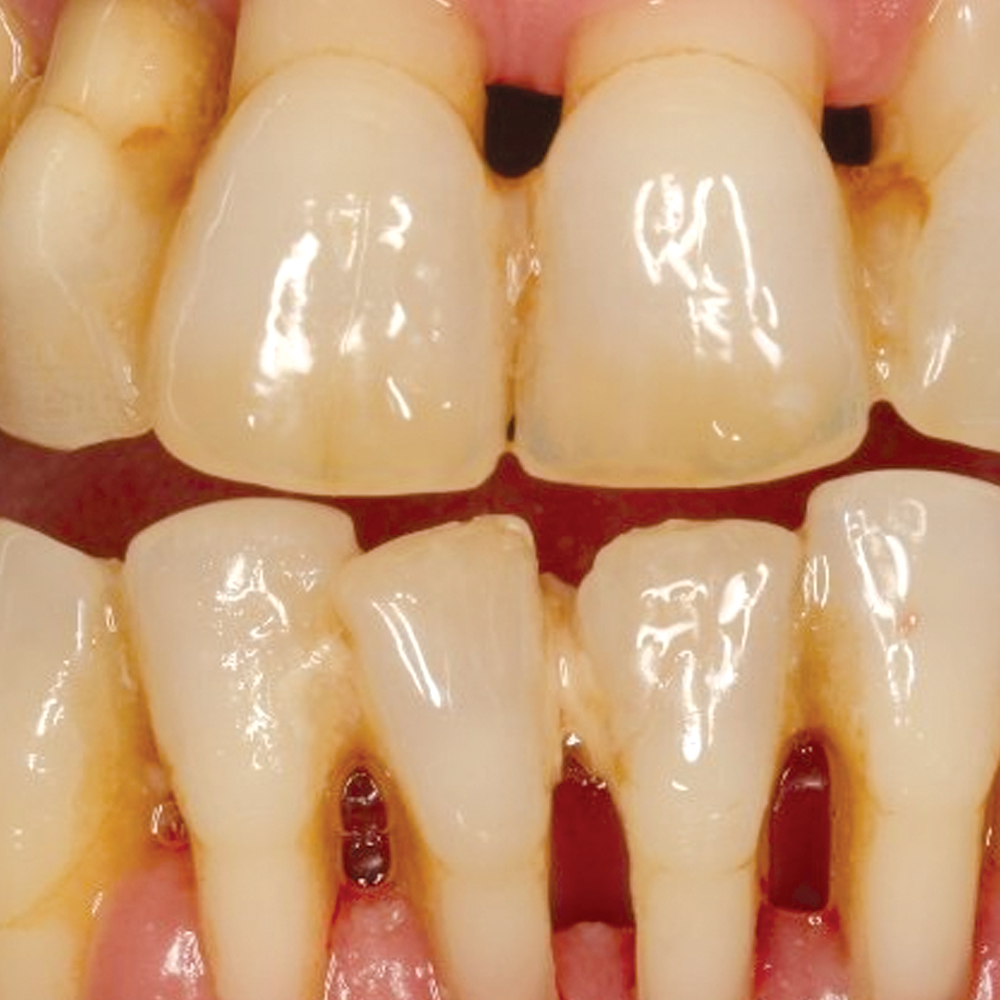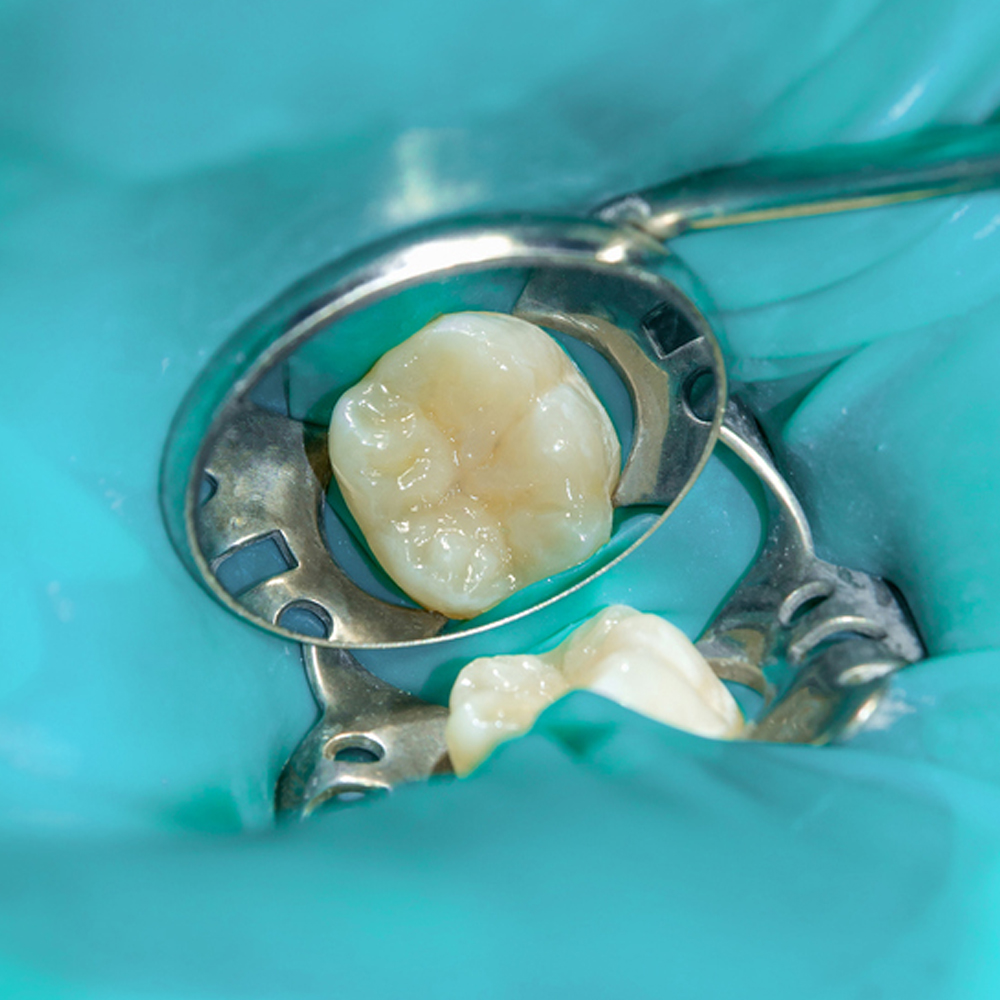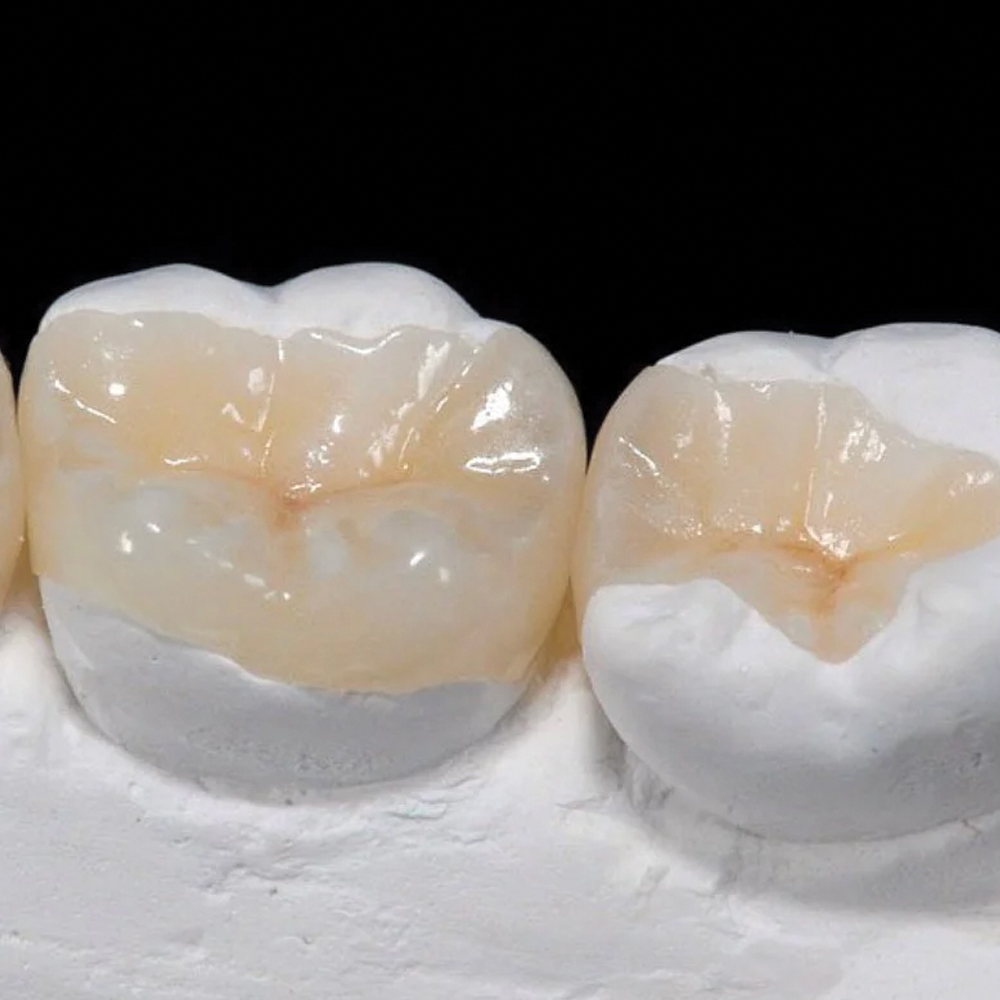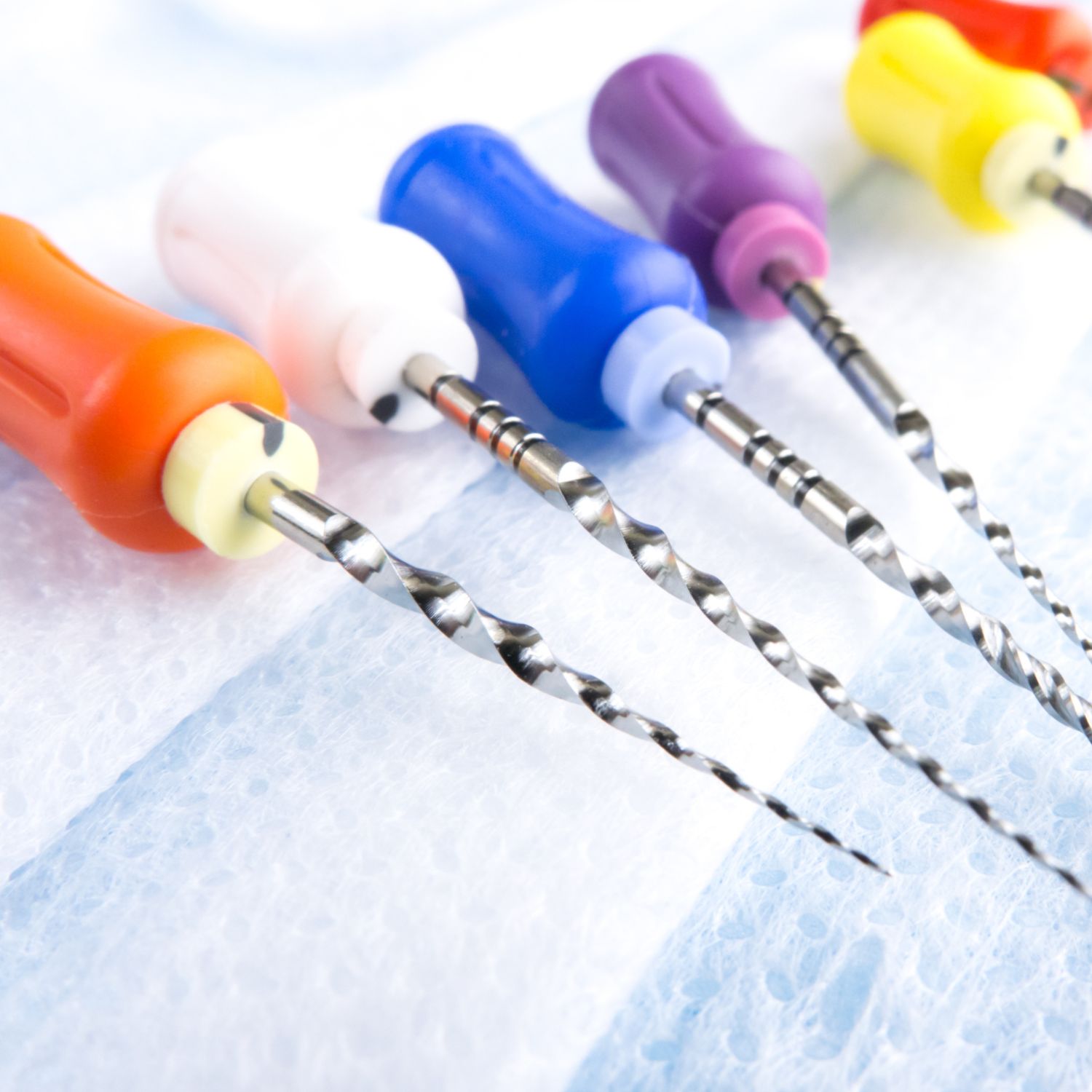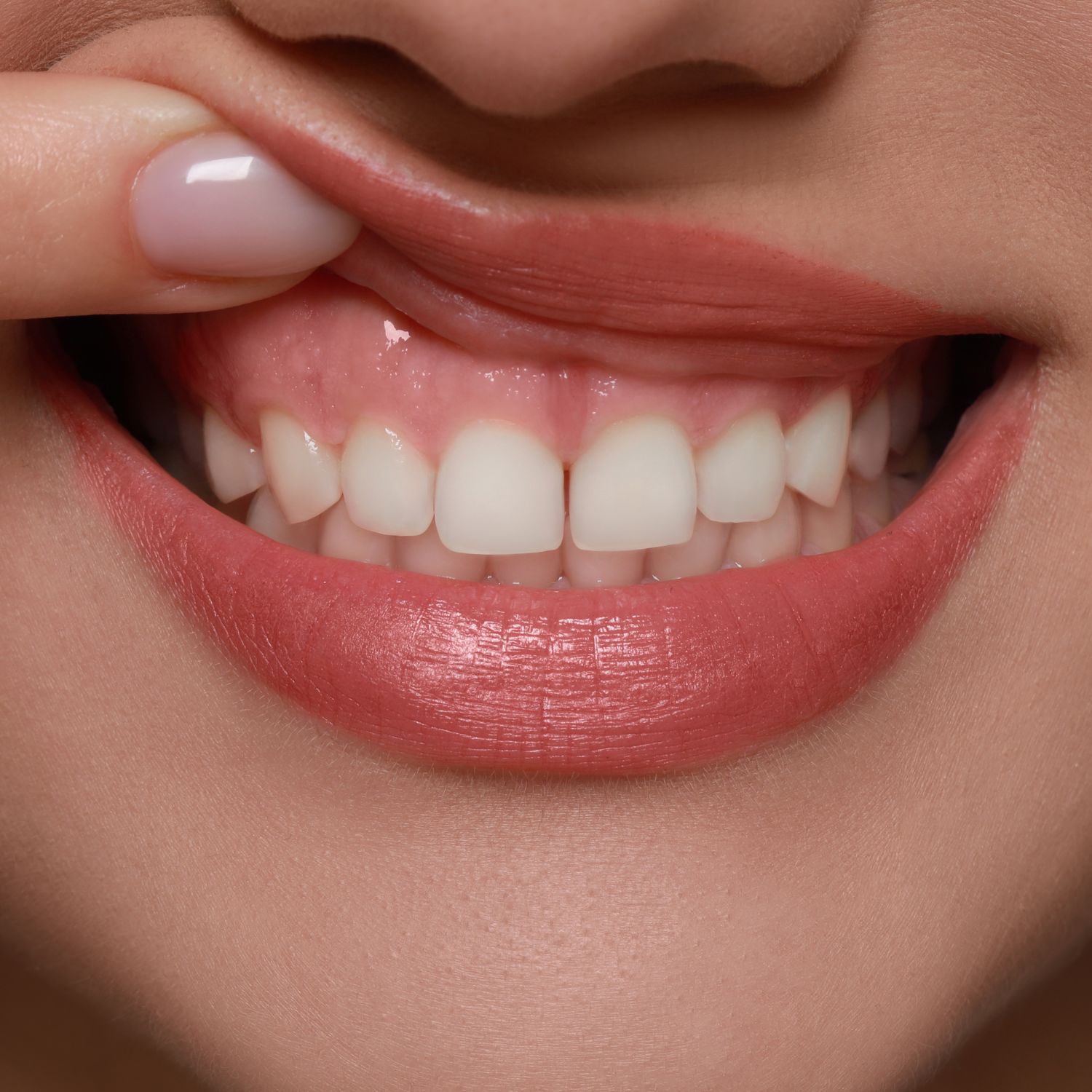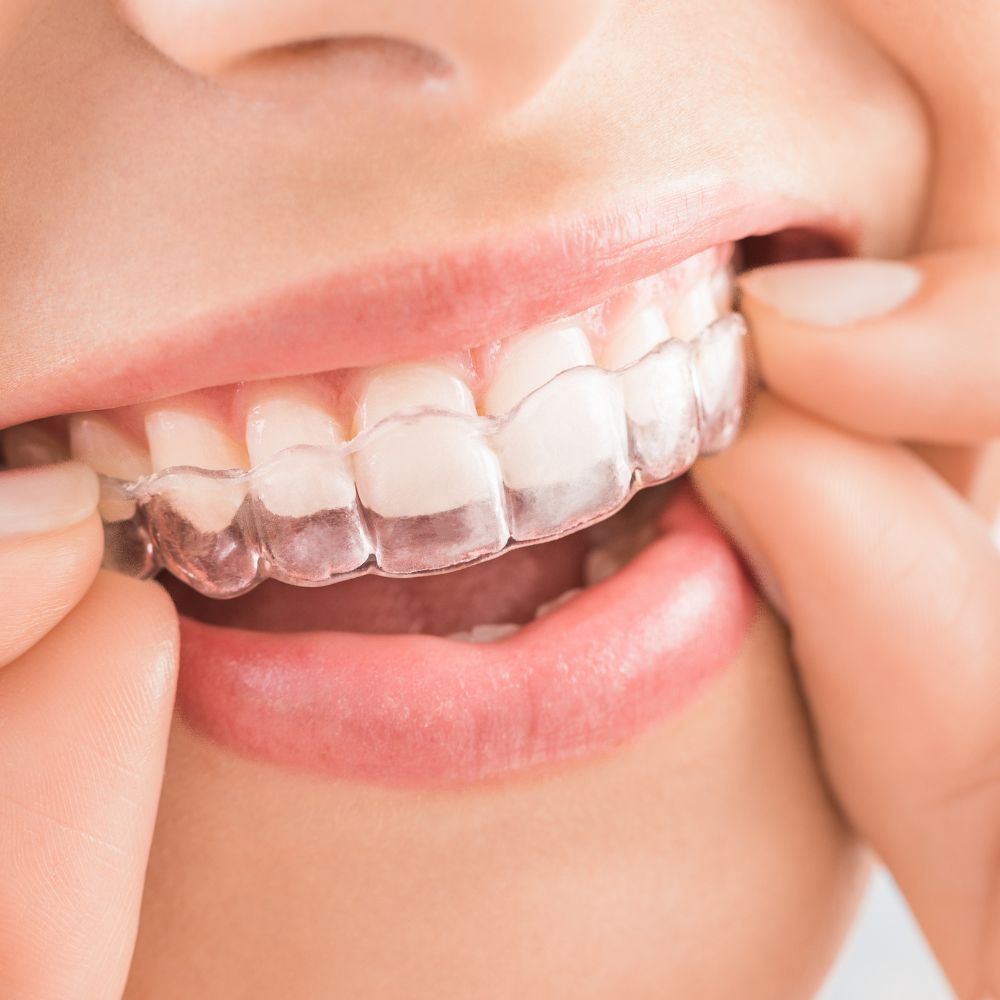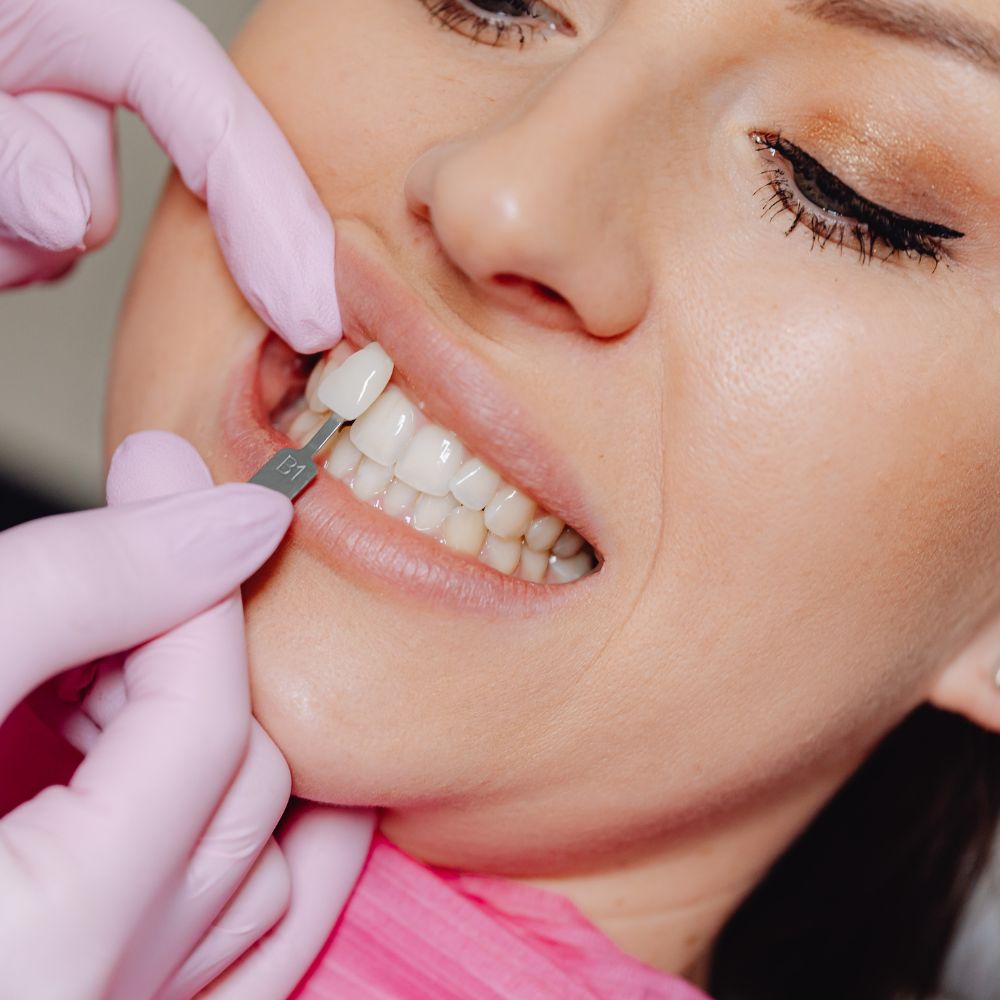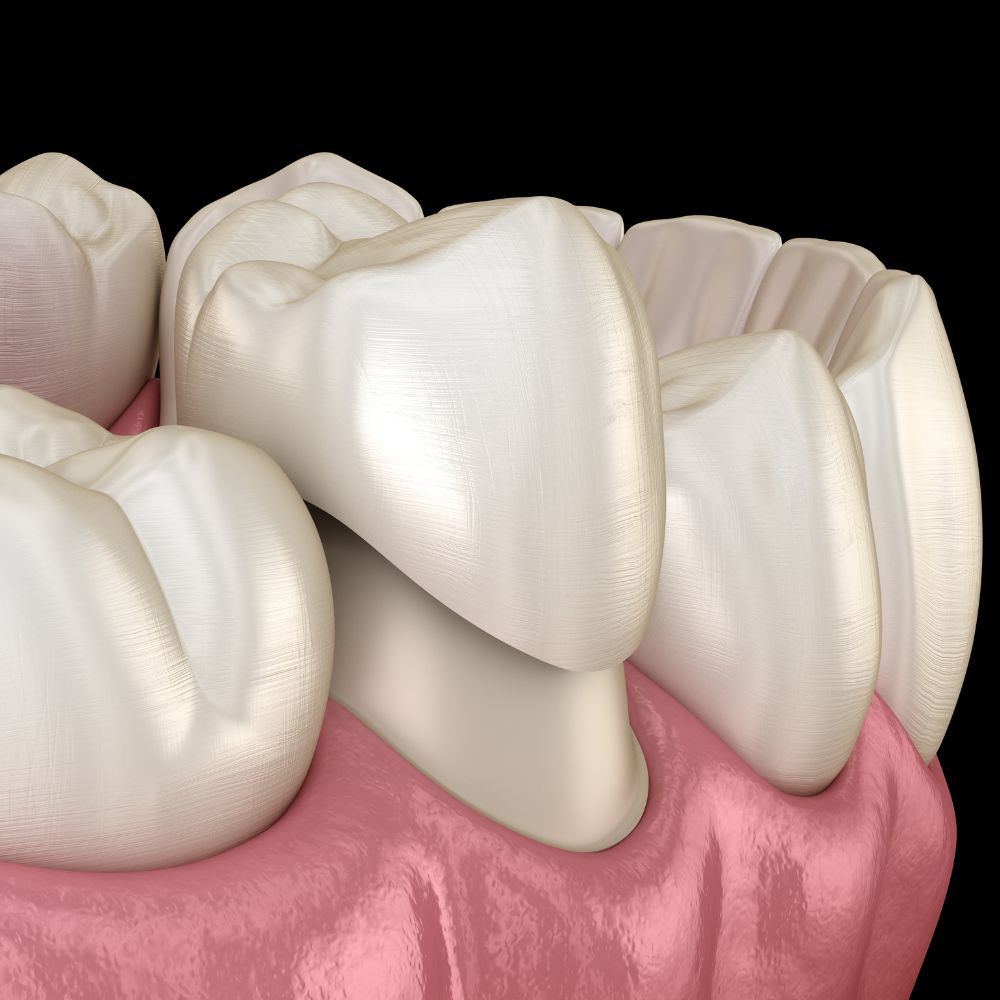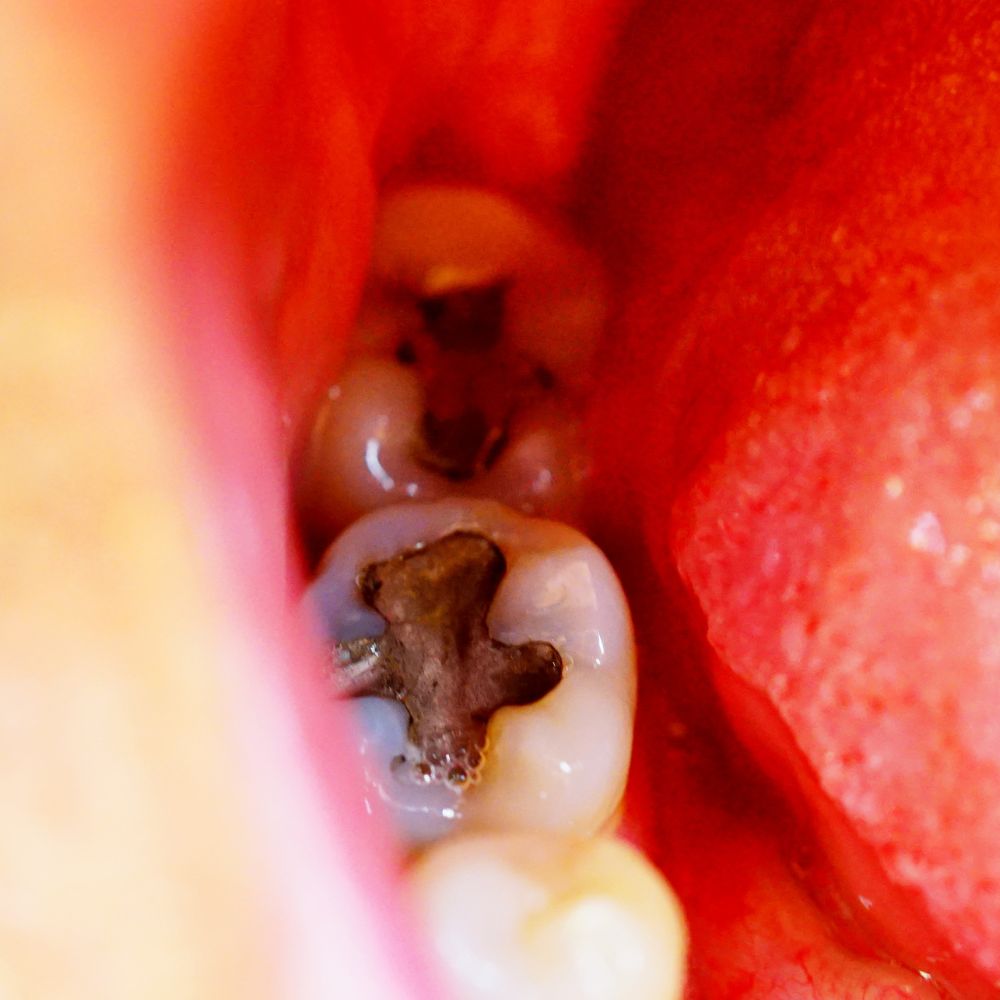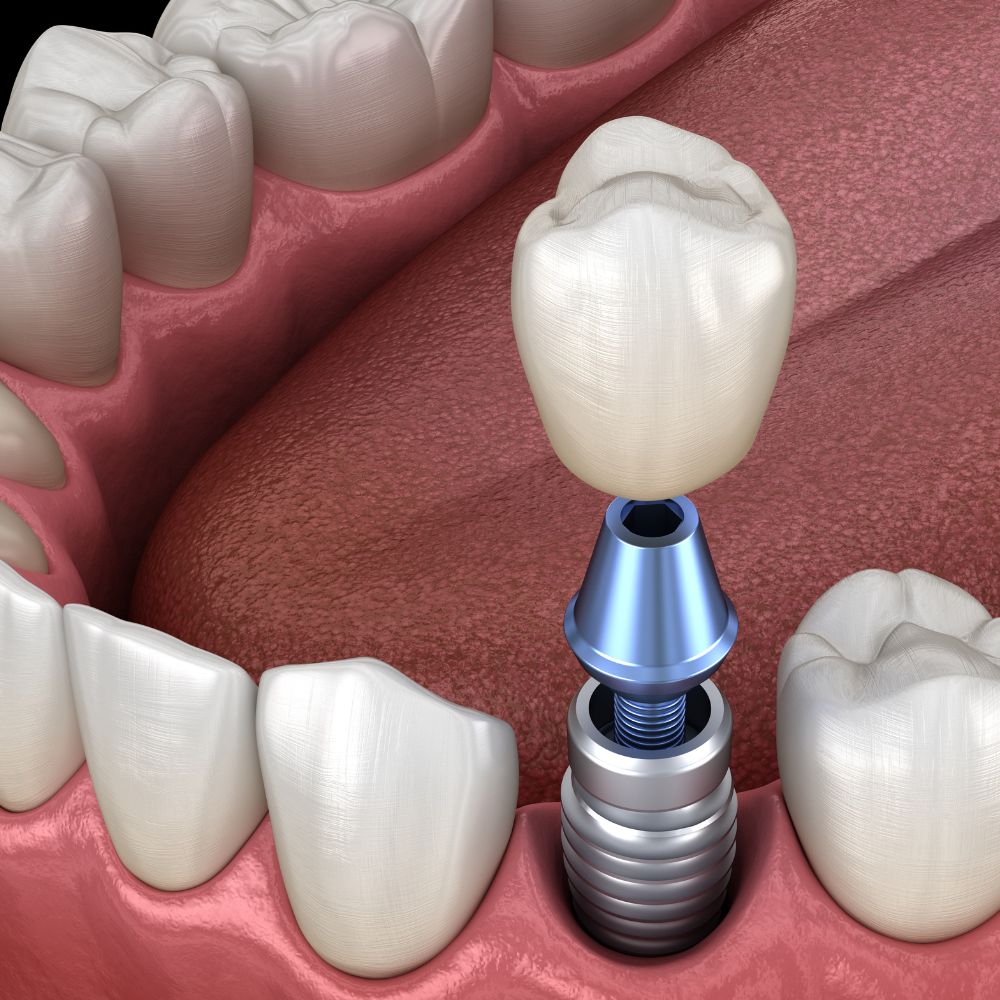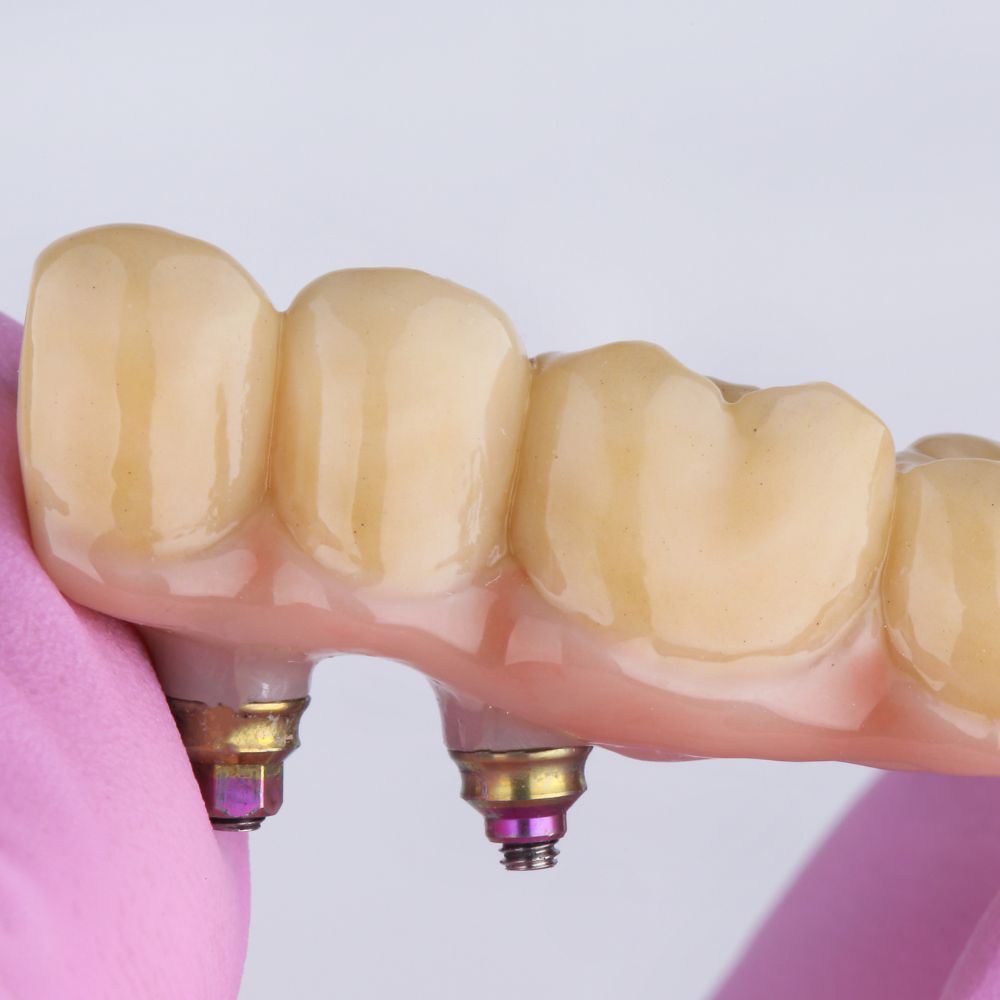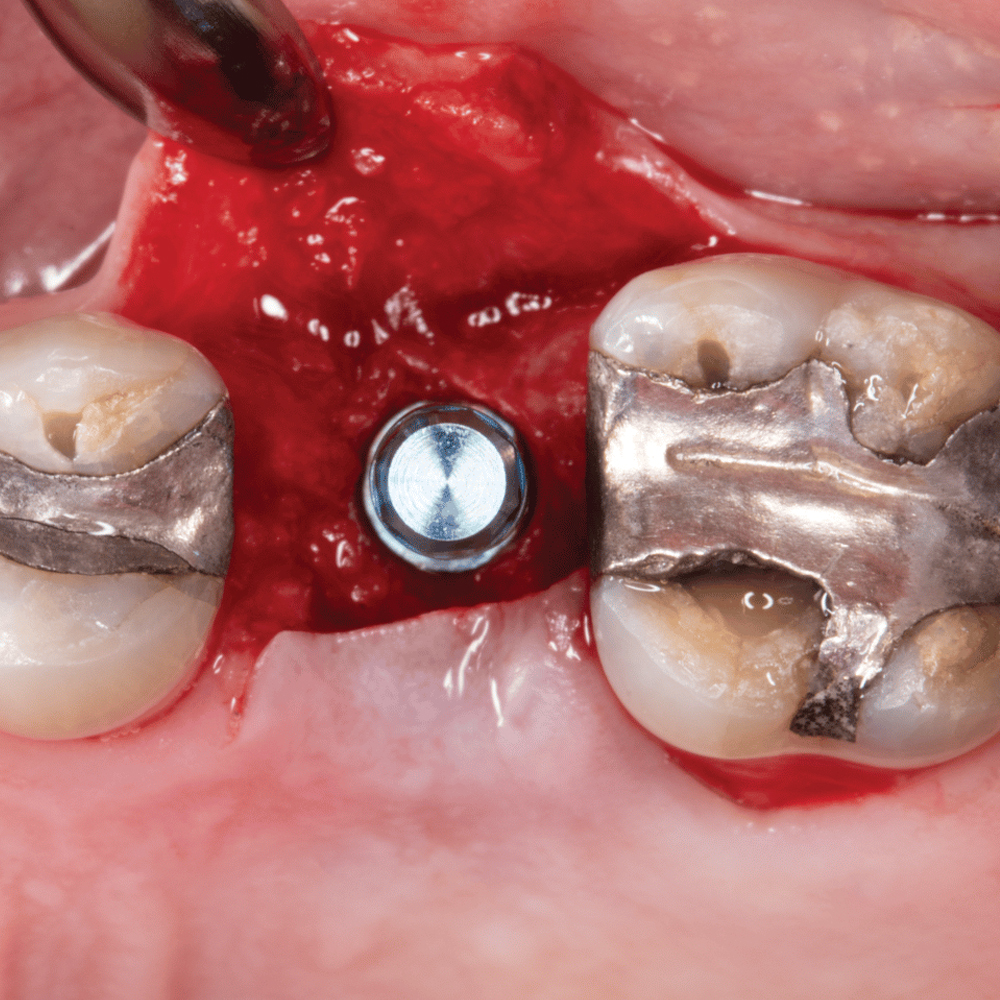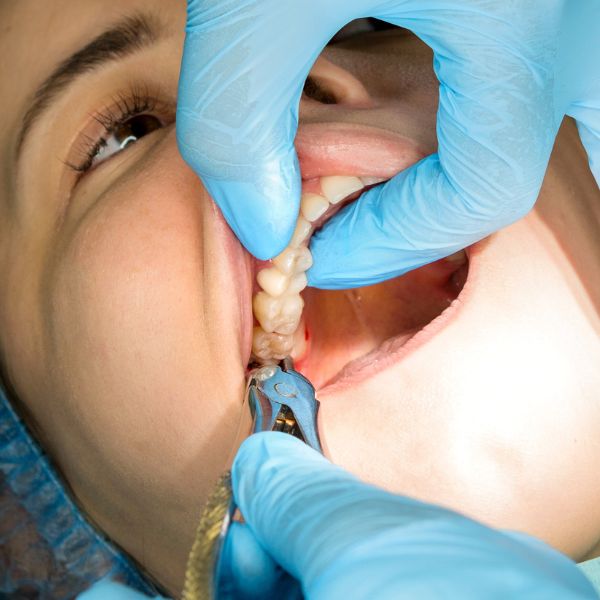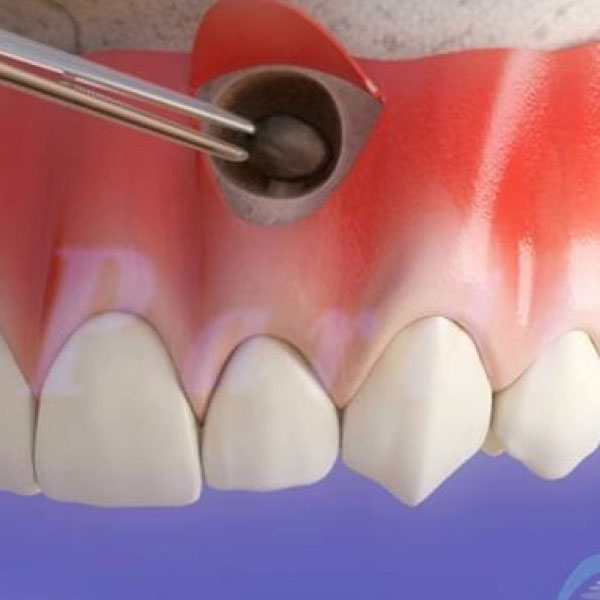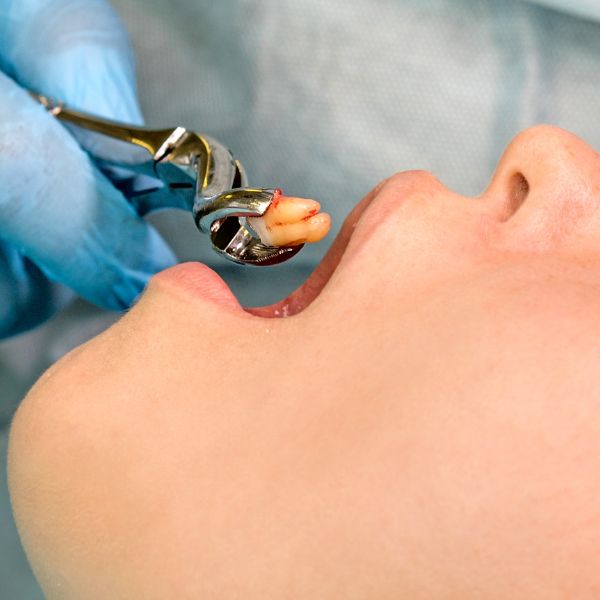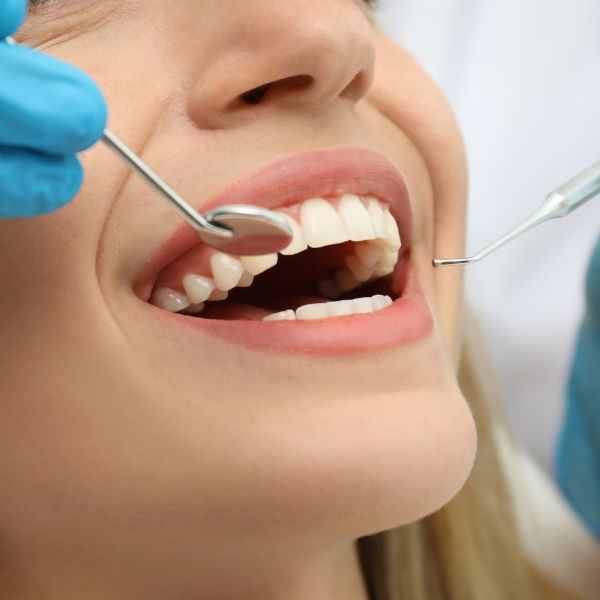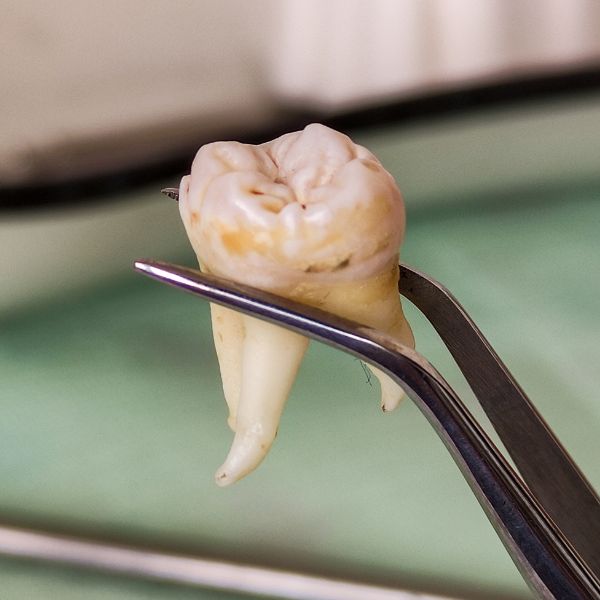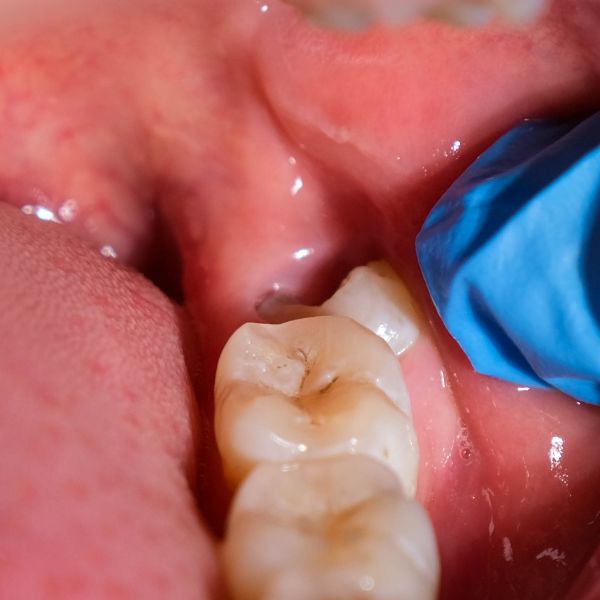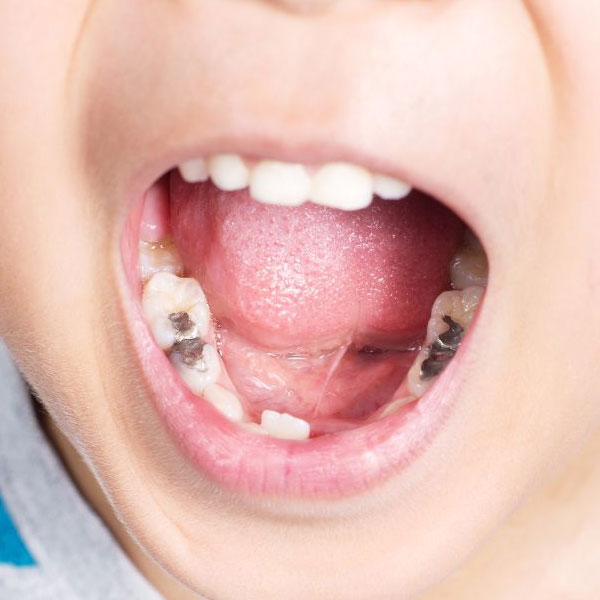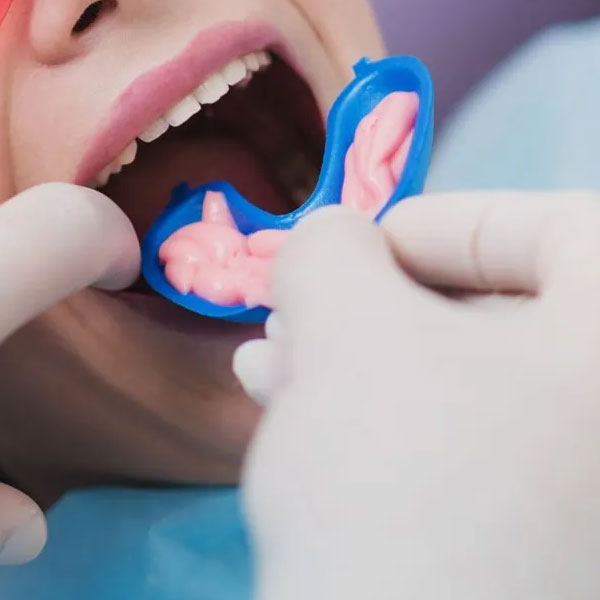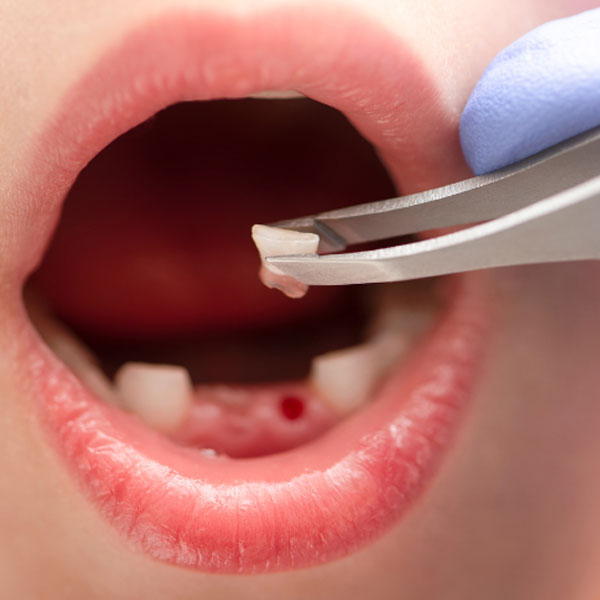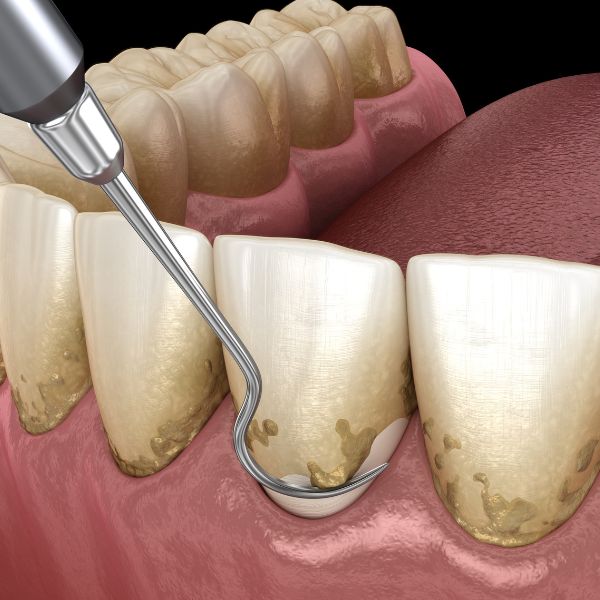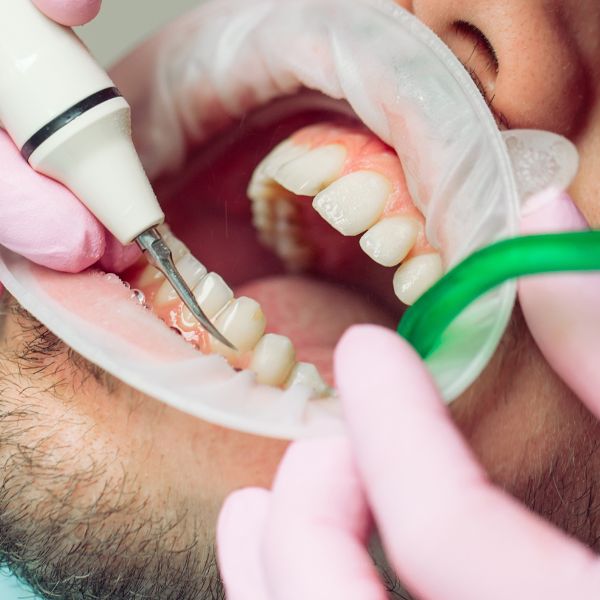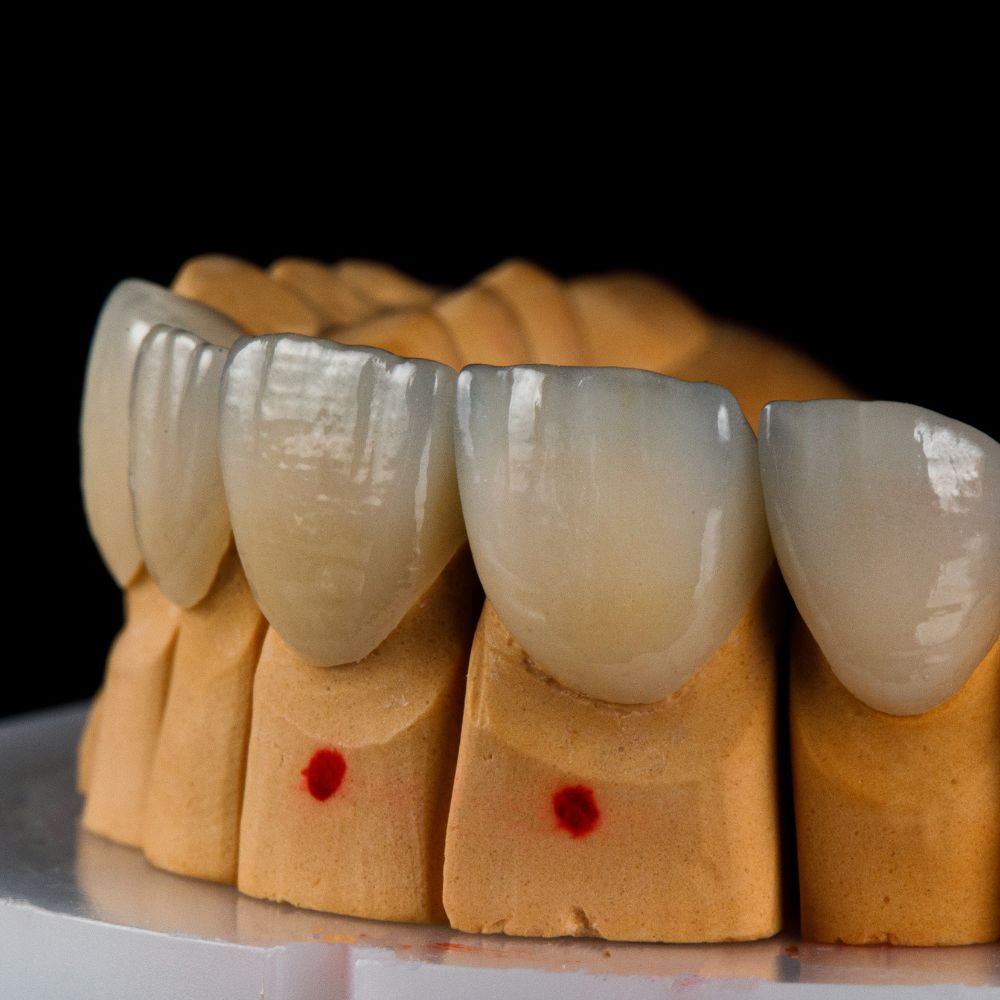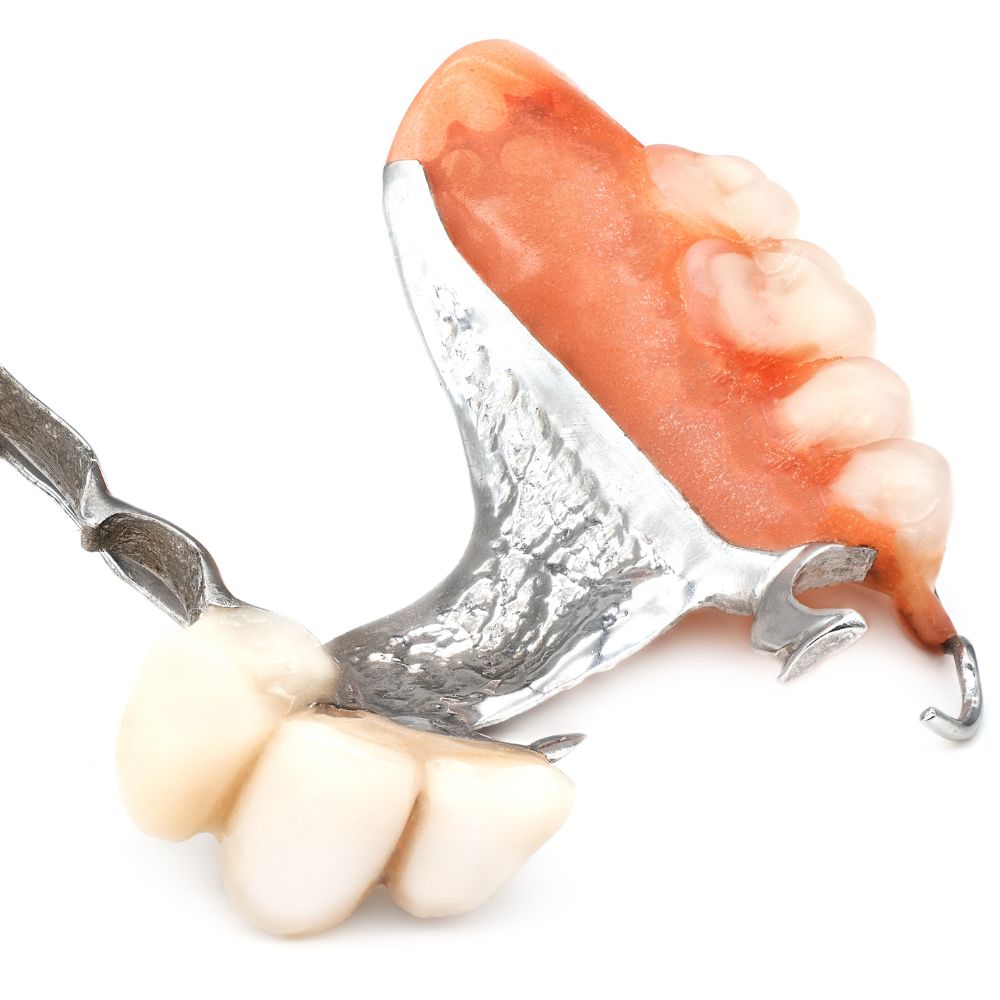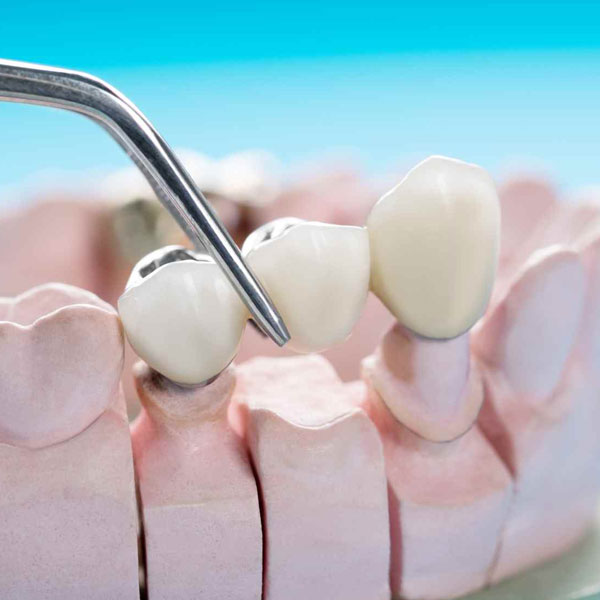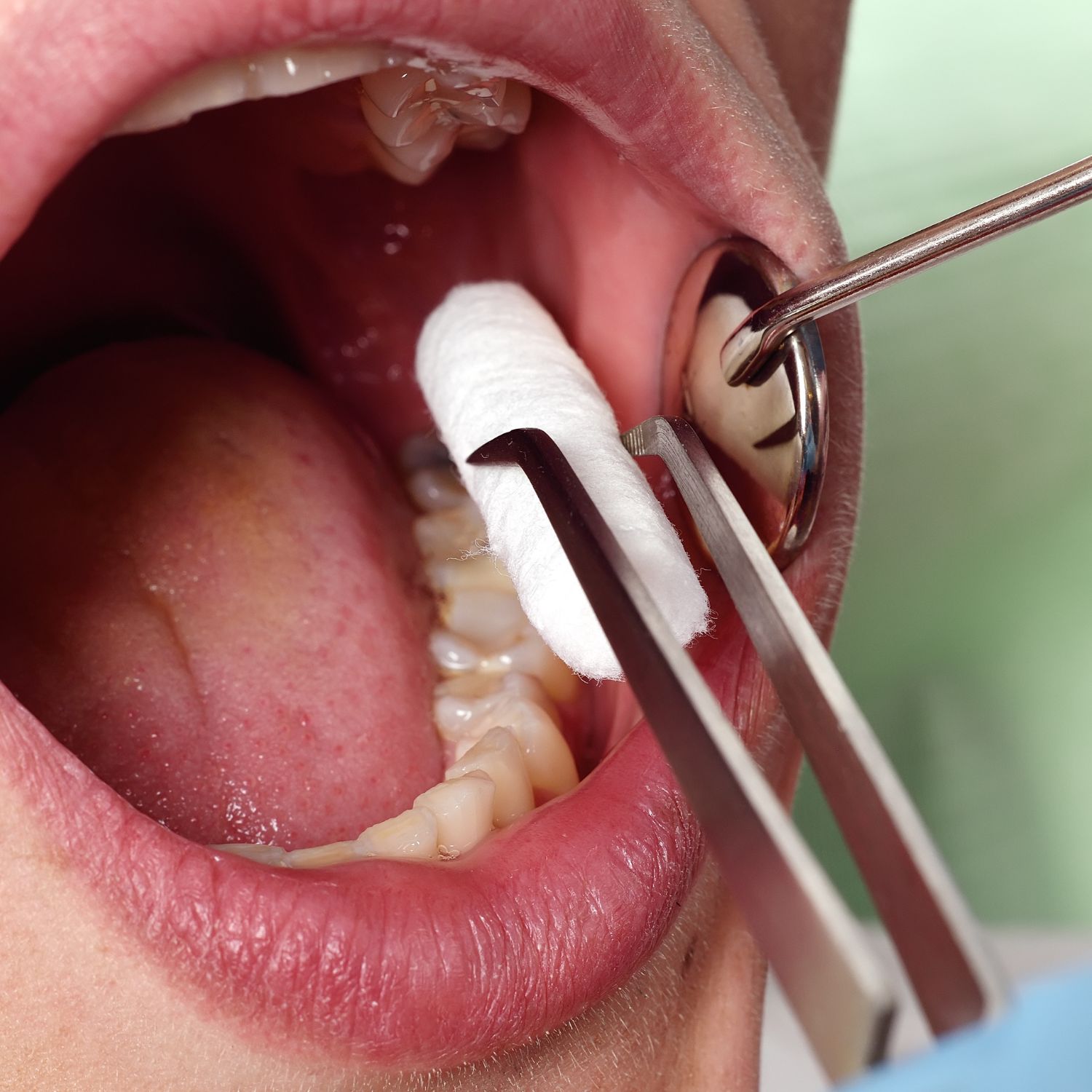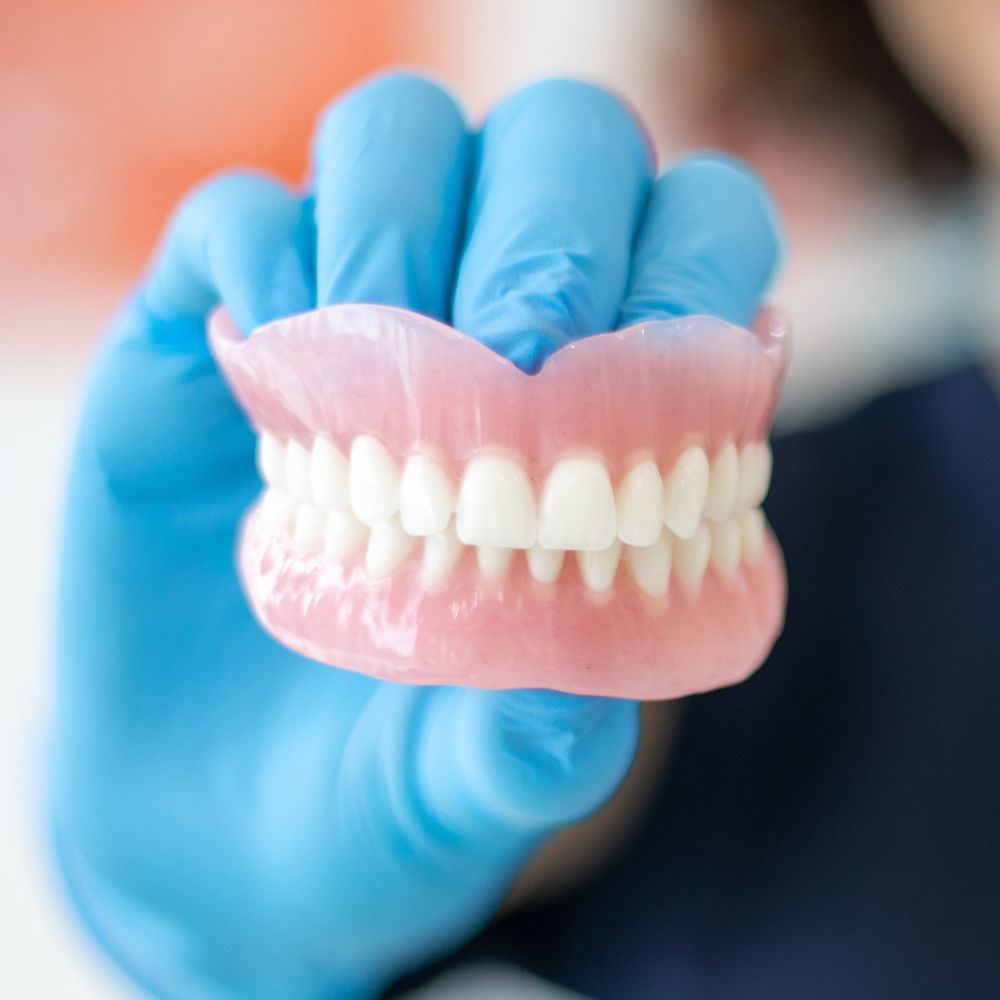Dental cases
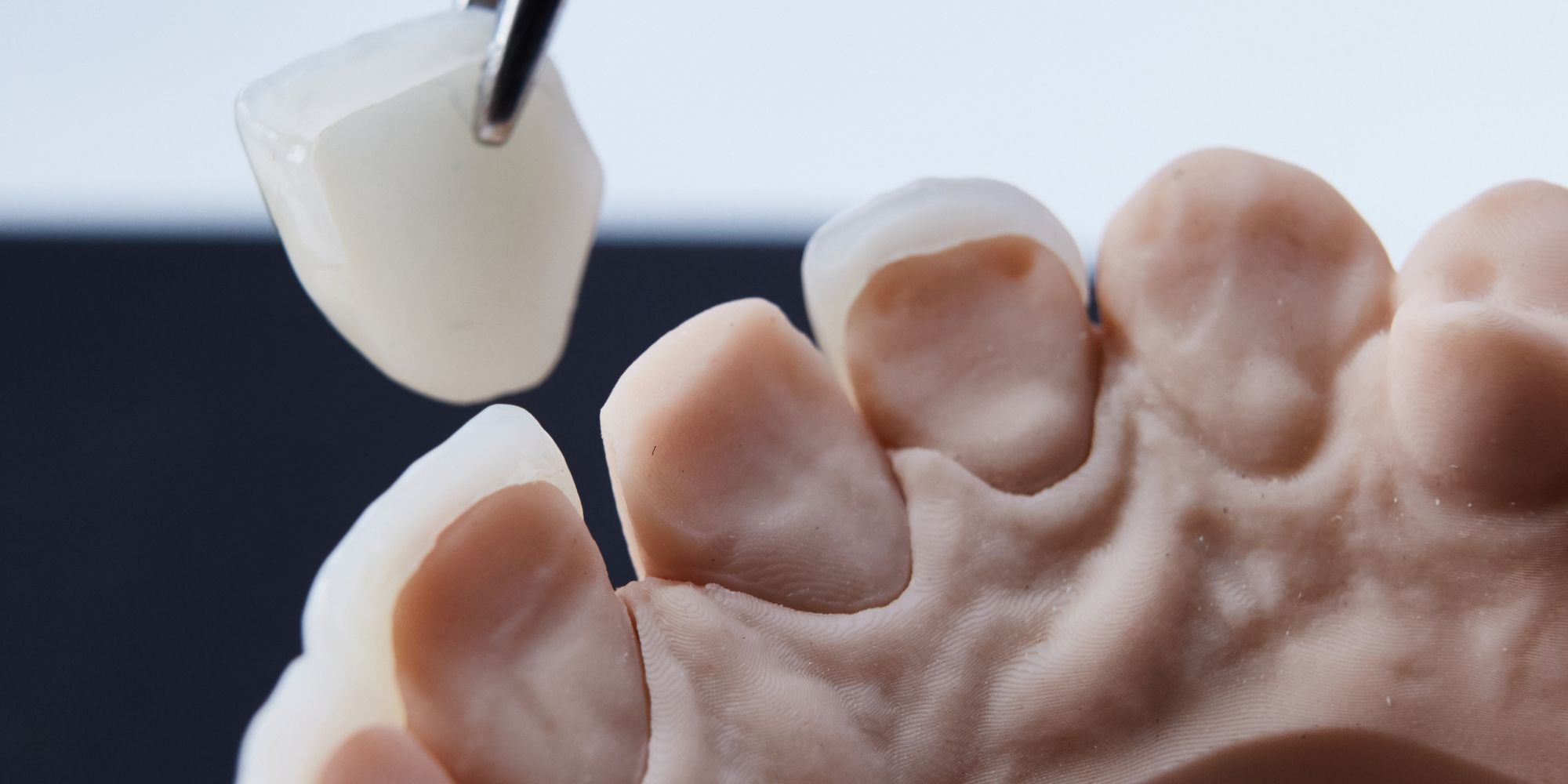
Dental crowns, also known as dental crowns, are an additional covering designed to cover a damaged tooth. It is custom made to fit over the tooth, completely enclosing it. Dental trays are usually made of materials such as porcelain, ceramic, metal, or a combination of these materials. The choice of material depends on several factors, including the position of the tooth, the extent of the lesion, and the esthetic preferences of the patient.
Why are tooth cases used?
There are several reasons why dental trays are used in dentistry. A common reason is to restore a tooth that has suffered severe wear or damage. A tooth case can protect the tooth from further damage and restore its functionality. Dental trays are also used to reinforce a tooth that has undergone denervation treatment or to support a dental bridge. Additionally, they can be used for cosmetic purposes, such as improving the appearance of misshapen or discolored teeth.
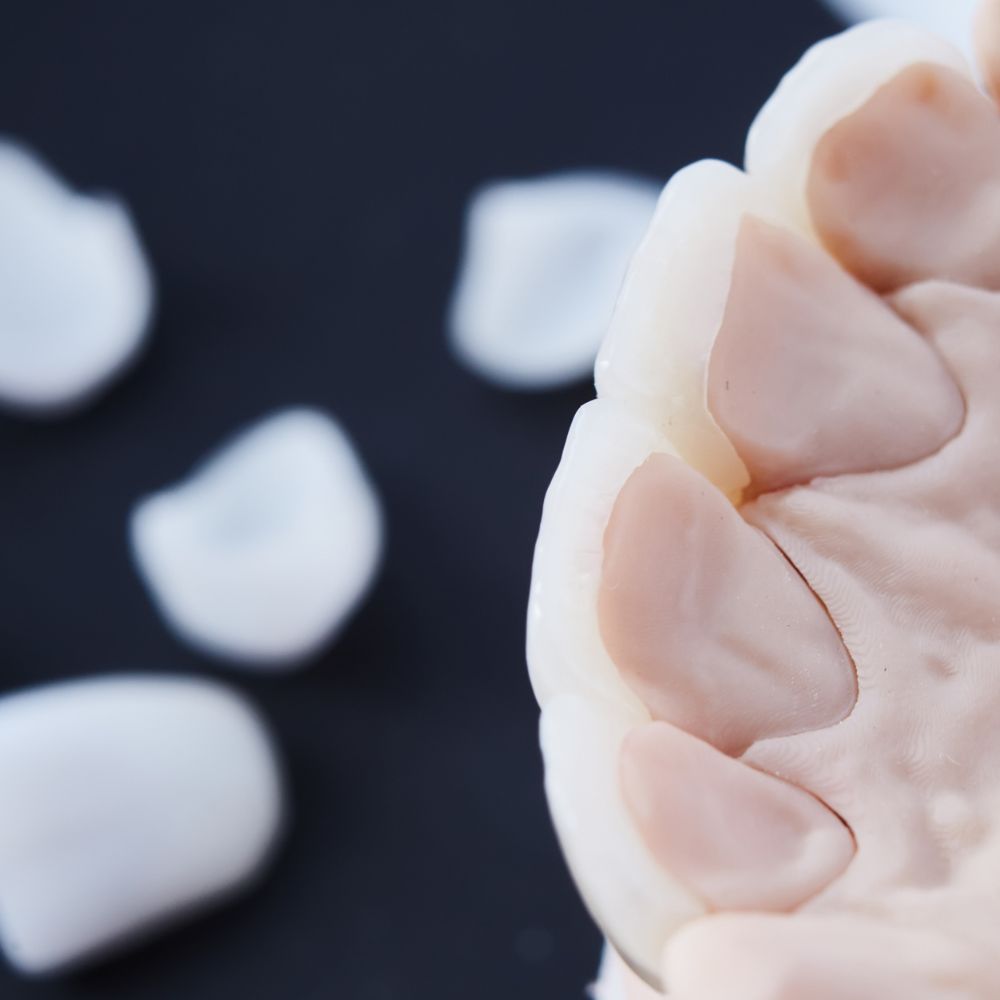
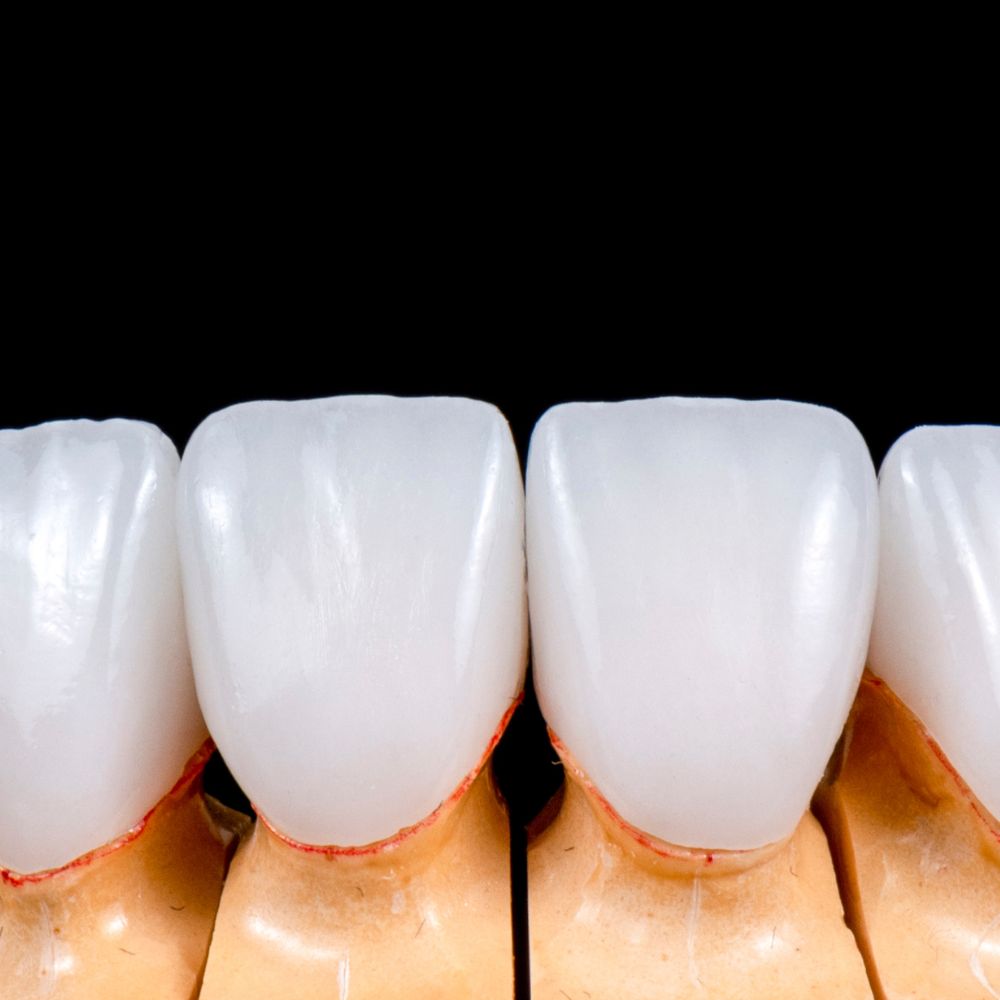
Dental cases and types
Dental cases come in a variety of types, each with their own advantages and considerations. The most common types of dental crowns include:
Porcelain cases:
Porcelain veneers are known for their natural appearance and are a popular choice for restoring front teeth. They can be color matched to the surrounding teeth, making them practically indistinguishable.
Ceramic cases:
Ceramic cases are similar to porcelain cases in terms of aesthetics. They are extremely durable and can withstand biting forces, making them suitable for both front and back teeth.
Metal tooth cases:
Metal cases, such as those made from gold or silver alloys, are known for their durability and longevity. Although they may not be as aesthetically pleasing as porcelain or ceramic trays, they are often recommended for molars that require extra chewing strength.
Porcelain fused to metal cases:
Porcelain-to-metal cases combine the strength of metal with the natural look of porcelain. They are a versatile option and can be used in different areas of the mouth.
The process of placing a dental case
If you're thinking about getting dental braces, it's important to understand the process involved. The process usually involves several steps:
Consultation:
During the initial consultation, your dentist will examine your tooth and discuss available treatment options. He may take x-rays or impressions of your teeth to help with the planning process.
Preparation of the teeth:
Before placing the case, the tooth must be prepared. This involves removing a small portion of the tooth's outer layer to make room for the case. In some cases, if the tooth is severely damaged or decayed, a framework may be required to provide a stable base for the case.
Footprints:
After the tooth is prepared, your dentist will take impressions of your teeth. These impressions will be used to create a custom dental tray that will fit perfectly over your tooth.
Temporary placement:
A temporary tray will be placed over your tooth to protect it. It is important to properly care for the temporary case to ensure the success of the final restoration.
Placement of the case:
Once your permanent tray is ready, you will return to the dentist's office to have it fitted. Your dentist will remove the temporary tray and carefully bond the permanent tray to your tooth using dental cement. He will ensure that the holster fits properly and make any necessary adjustments.
Dental cases and benefits
Dental trays offer a number of advantages, making them a popular choice for tooth restoration. Some of the key benefits include:
Protection:
Dental retainers provide protection to weak or damaged teeth, preventing further wear or fracture.
Restore function:
Dental retainers restore the functionality of a tooth, allowing you to bite and chew without discomfort.
Aesthetics:
With their natural appearance, braces can improve the overall appearance of your smile and boost your confidence.
Durability:
Dental cases are designed to be long-lasting and can withstand normal biting and chewing forces.
Request an appointment
Faq Dental Cases
What are the reasons for dental braces?
There are several reasons why a dentist may recommend a dental crown. A common reason is to protect a weak tooth from further damage. This could be a tooth that has been weakened by decay, a large filling, or a root canal treatment. Dental crowns can also be used to restore a broken or severely worn tooth, or to cover a tooth that is severely discolored or misshapen.
How long do dental cases last?
The lifespan of a dental tray depends on several factors, including the type of crown, the patient's oral hygiene habits and any underlying dental conditions. On average, dental cases can last between 10 and 15 years. However, with proper care and regular dental checkups, some cases can last even longer. It is important to follow good oral hygiene practices such as brushing twice a day, flossing daily and avoiding excessive force on the crown to maximize its life.
How to keep tooth cases in a healthy condition?
Tooth cases require proper care to stay healthy and maintain their functionality. One of the most important things you can do is practice good oral hygiene. Regular brushing and flossing are essential to remove plaque and prevent gum disease, which can lead to problems in the dental sockets. It is also important to visit your dentist regularly.

